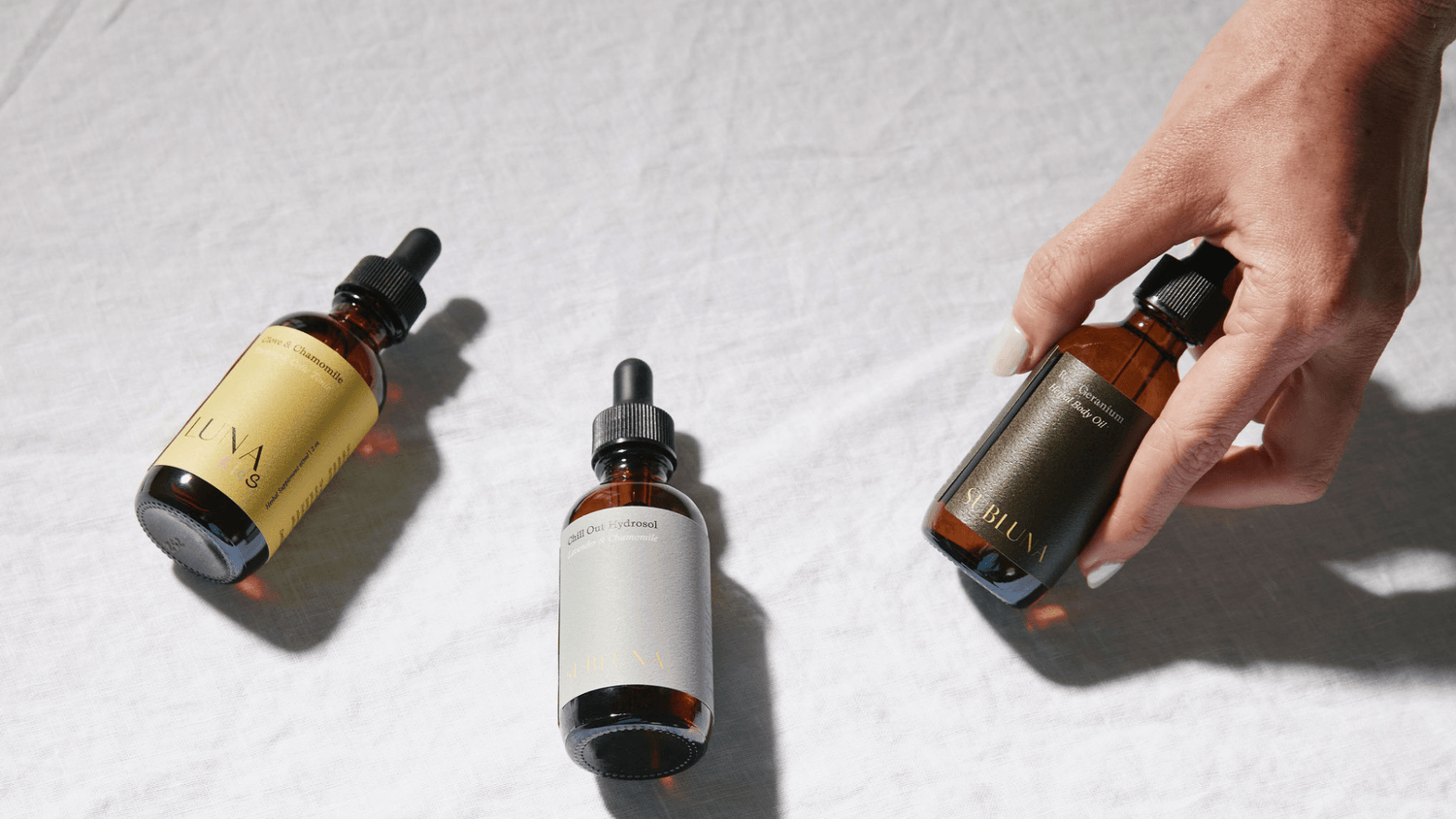Myth Busting St. John’s Wort
Myth Busting St. John’s Wort: What You Need to Know About This Herbal Powerhouse
St. John’s Wort (Hypericum perforatum) is one of the most well-known but also most misunderstood herbs in modern herbalism. Despite its long history of traditional use, this sunny yellow flower is often met with hesitation, especially when it comes to concerns about safety and herb-drug interactions.
In this post, we’re setting the record straight. We’ll explore who can safely take St. John’s Wort, who should approach with caution, whether it interferes with other herbs or medications, and how it affects serotonin, melatonin, mood, and the nervous system.
This is your guide to the truth behind the myths surrounding St. John’s Wort.
Myth #1: St. John’s Wort is Dangerous for Everyone
Truth: St. John’s Wort is not inherently dangerous, but it is a potent herb that interacts with certain pharmaceutical medications. It strongly induces cytochrome P450 enzymes in the liver, especially the CYP3A4 pathway. This can cause some medications to be metabolized more quickly, making them less effective.
If you are taking any of the following, St. John’s Wort is not a good fit:
• Prescription antidepressants (especially SSRIs, SNRIs, MAOIs)
• Hormonal birth control
• Blood thinners
• Immunosuppressants
• Anti-epileptic medications
• Organ transplant medications
• Certain HIV drugs
However, for individuals not on any of the above medications, St. John’s Wort is generally very safe when used appropriately and with awareness of timing and dosing.
Myth #2: St. John’s Wort Interferes With Every Herb You Take
Truth: The myth that St. John’s Wort neutralizes the effectiveness of other herbs is rooted in pharmaceutical models, not herbal medicine. While it does impact liver enzyme activity, most herbs do not rely on the same metabolic pathways as pharmaceutical drugs.
St. John’s Wort combines well with many nervine and mood-supportive herbs and does not “cancel out” herbal blends. In fact, one of the reasons herbs are often taken multiple times per day is because they tend to have short half-lives in the body and are processed relatively quickly. This is true with or without St. John’s Wort in the mix. Regular, consistent dosing helps keep herbal constituents active in the system and supports ongoing therapeutic effects.
Myth #3: St. John’s Wort Is Only for Depression
Truth: While St. John’s Wort is most famous for supporting mild to moderate depression, its benefits extend far beyond mood. It acts on the nervous system, liver, and even the body’s ability to heal nerve damage.
Key benefits of St. John’s Wort include:
• Nervous system support: Ideal for those experiencing melancholy, emotional heaviness, or burnout
• Nerve healing: Used both internally and topically for conditions like sciatica, shingles, nerve pain, or post-surgical trauma
• Liver support: St. John’s Wort is hepatoprotective, hepatorestorative, and liver detoxifying. It protects liver cells from damage, supports regeneration of liver tissue, and promotes gentle detoxification. By enhancing liver function, it helps clear hormonal excesses and emotional stagnation that often contribute to mood issues
• Antiviral properties: Especially effective for herpes viruses and cold sores
• Seasonal support: Traditionally harvested at the summer solstice, St. John’s Wort is considered a solar herb that brings light and energy to those affected by Seasonal Affective Disorder (SAD) or long winters
Myth #4: St. John’s Wort Doesn’t Affect Sleep or Hormones
Truth: St. John’s Wort plays an important role in supporting both serotonin and melatonin levels, making it a valuable herb for both mood and sleep regulation.
St. John’s Wort acts as a natural serotonin reuptake inhibitor, meaning it increases circulating serotonin by preventing its rapid breakdown. This is why it’s helpful for low mood, emotional numbness, and depression.
What many don’t realize is that serotonin is the direct precursor to melatonin. Your body converts serotonin into melatonin at night as part of your circadian rhythm. By supporting serotonin levels during daylight hours, St. John’s Wort can help regulate natural melatonin production, improving sleep quality and supporting the body’s natural wake-sleep cycle.
St. John’s Wort may benefit those struggling with:
• Seasonal Affective Disorder (SAD)
• Insomnia or poor-quality sleep
• Jet lag or shift work-related rhythm issues
• Chronic stress or nervous system burnout
For best results, St. John’s Wort should be taken in the morning or early afternoon, ideally with natural light exposure. This timing helps reinforce the natural serotonin–melatonin rhythm and encourages restful sleep at night.
Who Should Avoid or Use Caution With St. John’s Wort?
While many people can safely enjoy the benefits of this herb, there are cases where caution or avoidance is recommended:
• Individuals taking pharmaceutical antidepressants
• Those using hormonal birth control
• People taking medications with a narrow therapeutic window
• Anyone with bipolar disorder (due to the potential risk of triggering mania)
As always, herbal knowledge is best paired with body literacy. Women who are pregnant or breastfeeding may wish to consider traditional uses, current research, and how their own body responds before deciding whether this herb is a good fit. We trust you to make the choice that feels right for you.
Who Can Benefit From St. John’s Wort?
For those not on interfering medications, St. John’s Wort can be a powerful herbal ally. It is especially helpful for:
• Low mood, emotional heaviness, or grief
• Burnout and nervous system exhaustion
• Nerve damage or chronic nerve pain
• Seasonal blues or lack of sunlight exposure
• Sleep disruption related to circadian imbalance
• Liver stagnation with emotional or hormonal symptoms
Final Thoughts
St. John’s Wort is not a one-size-fits-all herb—but for the right person at the right time, it can be profoundly healing. With its unique ability to support serotonin, encourage healthy melatonin production, relieve nerve pain, and brighten the emotional landscape, it deserves a place in the spotlight.
Like all powerful herbal allies, it simply asks for respect, context, and wisdom.



